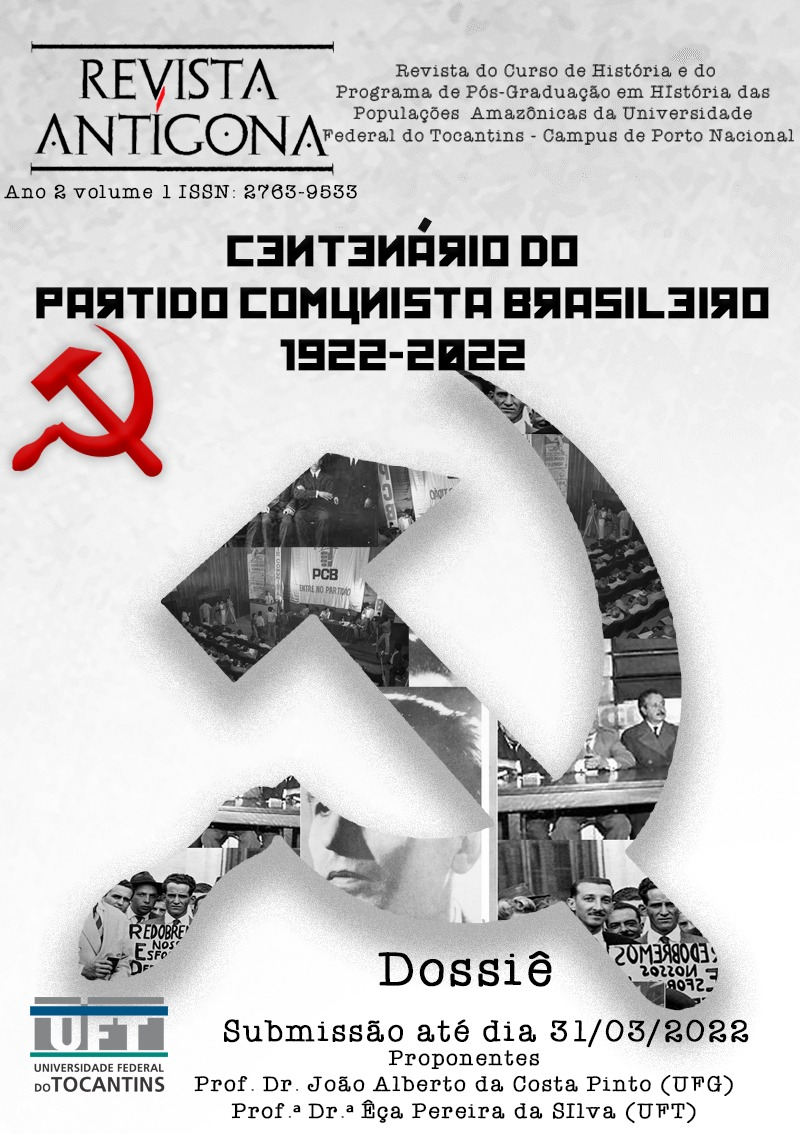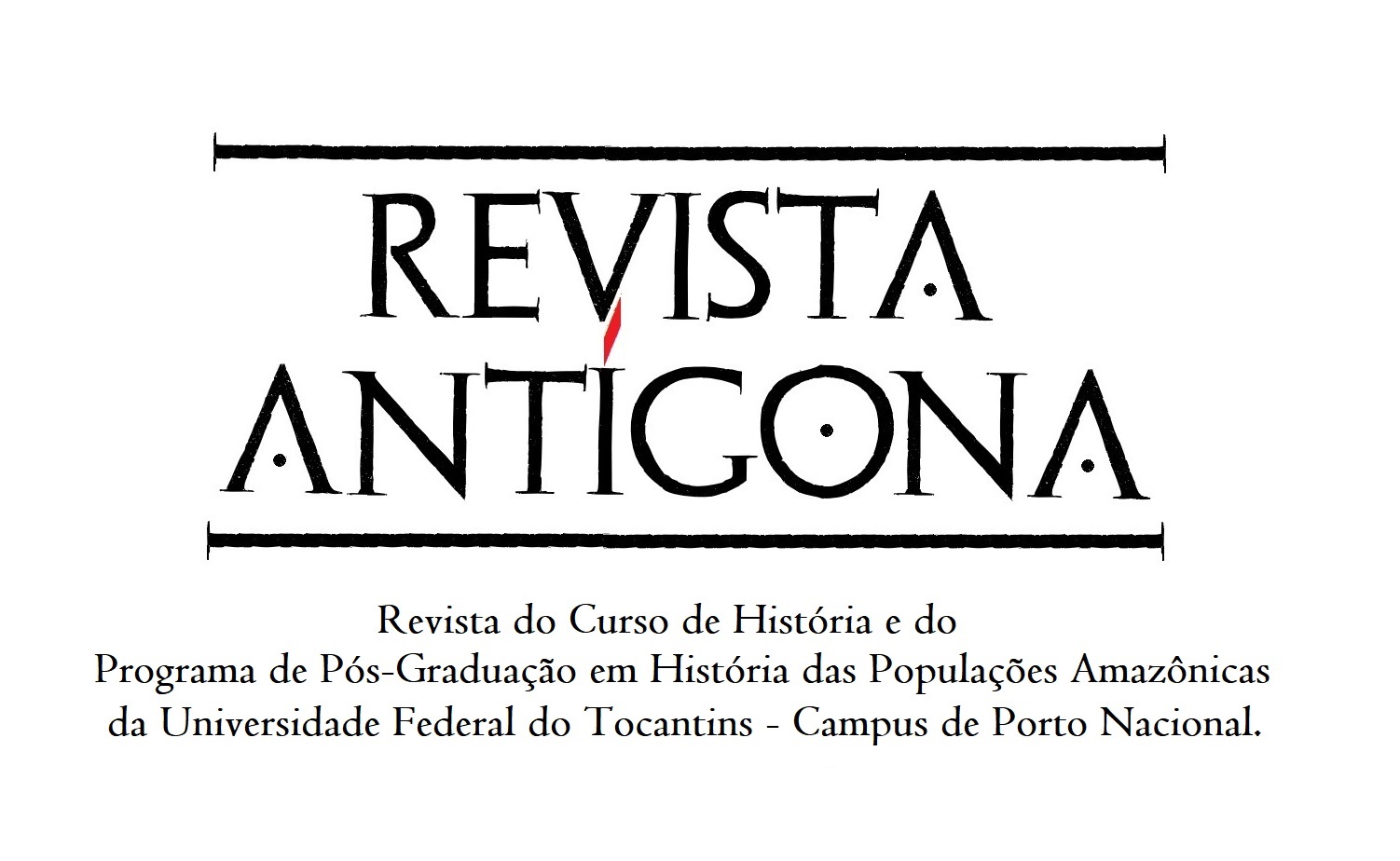O “CAMBAXIRRA DA REVOLUÇÃO” E O “FALCÃO COM HÉRNIA VESTIDO DE NOIVA”:
O PAPEL DE ODUVALDO VIANNA FILHO E NELSON RODRIGUES NO COMUNISMO E ANTICOMUNISMO NO BRASIL
DOI:
https://doi.org/10.20873/uft.2763-9533/2022.1.5Keywords:
Keywords Oduvaldo Vianna Filho; Nelson Rodrigues; Brazilian anti-communismAbstract
The twentieth century was marked by intense conflicts that led the world to divide itself between different political and ideological conceptions. From the events of the Russian Revolution, the Crash of 1929, and later, the Cold War, at the international and national level, a heated debate between communism and anti-communism takes place. This rationale starts to influence and affect different fields and aspects of society, whether political, economic, intellectual or artistic. In this regard, this article briefly presents the institutional trajectories of Oduvaldo Vianna Filho and Nelson Rodrigues, both exponents of dramaturgy in Brazil, in order to understand the contribution of both intellectuals in the Brazilian cultural scene, and, by analyzing the discussion that the two playwrights had in 1961, seeks to comprehend the places taken and the roles they played in the construction of the country's communist and anti-communist imaginary.



